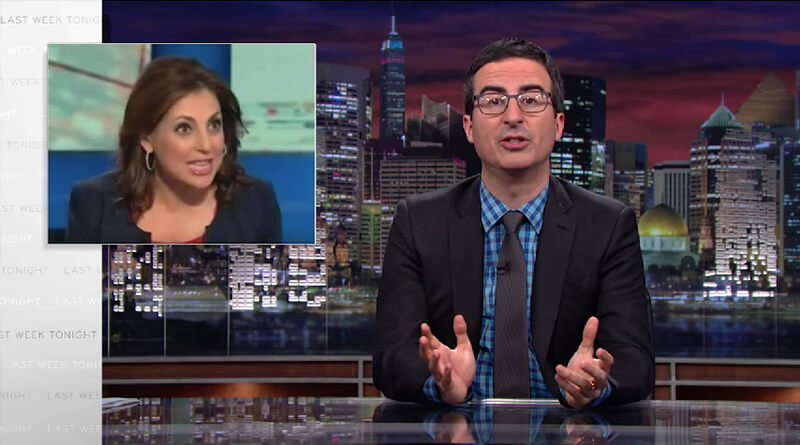
You’ve probably heard it said that you won’t get what you truly desire if you’re not prepared to ask for it. But for many of us, knowing how to ask for what we want in a way that makes a positive impression – and ultimately gets us the response we’re hoping for – can be challenging.
My friend and founder of Global EXEC Women, Virginia Bradley, cheekily poses the question, “How big is your ask?” Her point is that you can’t be afraid to ask for what you want and feel you deserve, no matter how big or far-fetched it may seem. Don’t shortchange yourself by asking for something that’s too small. Reach for the real prize.
That said, it’s important to understand how to present your “ask” in a manner that’s likely to encourage others to feel inclined to say “yes.” Here are a few tips:
Start with praise
Say you need help with public speaking. Think of a colleague who is particularly skilled in that area, then approach him or her and begin by saying something along the lines of, “You seem so gifted at making powerful presentations, I was wondering if you might have any tips for me. I’d be grateful for your advice.” Acknowledging their talents – rather than simply demanding their help – will make them feel seen and appreciated. And that means they’ll be more likely put in the time and effort to support you.
Don’t come off as entitled
People receive requests for help and support differently. Sometimes, it can feel like a boundary has been crossed if what you’re asking for seems like too much. While you don’t want to hold yourself back from asking for what you really want, be sure to give others a chance to offer just as much as they feel comfortable with. In all likelihood, they’ll offer you more if you do them that courtesy. For example, when someone says to me, “Nadia, you work at CNN, and I really want a job there. Can you do something to help me get an interview?” I usually just refer them to the online job board. But if someone says instead, “I’d love the chance to work at CNN, any advice or suggestions you may have would be much appreciated,” I actually feel much more inclined to go out of my way to help, because I feel like my boundaries have been respected. The second approach comes across as far less demanding.
Know you deserve it
You’re more likely to get a positive response to your request if you project confidence. If you doubt yourself, others will pick up on that, and they’ll begin to have doubts, as well. Visualize yourself asking for what you desire, and receiving a “yes.” Imagine how it will feel. Olympic athletes often use this technique – they visualize themselves winning important competitions. It will help to put you in the right mindset, so you can approach the conversation with a sense of self-assuredness.
Warm wishes,
Nadia
We’re Going Hybrid! It’s Time For A New Set of Communication Skills!
What’s YOUR Style? How Personality Style Impacts Communication
The 2 Elements to Effective Communication



